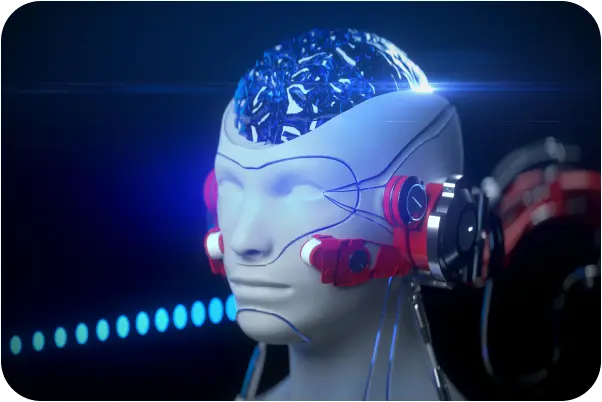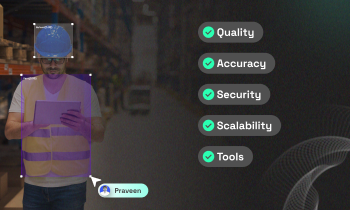Can bias in voice cloning datasets lead to unfair model behavior?
Voice Cloning
AI Ethics
Speech AI
Bias in voice cloning datasets can significantly influence AI model behavior, leading to unfair outcomes and perpetuating stereotypes. Understanding these biases is critical for developers, engineers, and product managers committed to creating equitable AI solutions.
Understanding Bias in Voice Cloning Datasets
Voice cloning datasets can introduce biases in two main ways: through representation and algorithmic processes.
- Representation bias occurs when certain demographics, accents, or emotional tones are underrepresented. For example, if a dataset predominantly features urban male voices, the resulting model might struggle with female or rural voices, leading to unequal model performance and user exclusion in applications like virtual assistants.
- Algorithmic bias arises from the model's interpretation of training data. Without diverse speech patterns and emotional expressions, the AI might default to narrow interpretations of "normal" speech, negatively impacting user experience for diverse audiences.
Why Addressing Bias is Crucial
Addressing bias in voice cloning goes beyond technical challenges—it affects user interactions and business success. Unfair model behavior can lead to:
- User Alienation: Models that fail to recognize diverse accents may alienate users, reducing engagement.
- Reputational Damage: Companies deploying biased models risk backlash, harming their brand image.
- Legal Risks: As AI fairness becomes a regulatory focus, non-compliant systems could face legal challenges.
Mechanisms of Bias in Datasets
Bias often stems from data collection and annotation practices:
- Data Collection: The source of voice data impacts bias. Relying on scripted readings may limit emotional diversity, while unscripted data provides richer speech representation.
- Speaker Diversity: A balanced dataset with varied gender, age, accent, and emotional tone is essential to develop a fair model.
- Annotation Practices: Bias can also arise from annotation processes. Preconceived notions about "correct" speech during phonetic transcriptions and emotional tagging can inadvertently skew data.
Trade-offs in Dataset Design
Creating unbiased datasets involves balancing trade-offs:
- Volume vs. Diversity: While larger datasets improve model performance, they must also ensure diversity to avoid bias.
- Controlled vs. Real-world Environments: Studio settings provide high-quality audio but may not reflect real-world variability. Including natural environments can enhance applicability but might introduce inconsistencies.
Overcoming Bias in Voice Cloning
To develop equitable voice cloning systems, consider these strategies:
- Diverse Data Collection: Actively seek speakers from varied backgrounds to capture a wide range of voices and speech patterns.
- Robust Annotation Processes: Implement comprehensive guidelines to accurately capture emotional and phonetic variations.
- Iterative Model Training: Use ongoing user feedback and data evaluation to refine models and adapt to societal changes.
Real-world Example
Consider a customer service application that fails to accurately synthesize voices with certain accents, leading to frustration and decreased user satisfaction. This example illustrates the importance of diverse datasets in ensuring fair and effective AI systems.
By focusing on these strategies, organizations can mitigate bias in voice cloning datasets, leading to fairer, more effective AI solutions. At FutureBeeAI, we prioritize diverse data collection and robust annotation to support the development of ethical and inclusive AI technologies. For projects requiring diverse, high-quality voice datasets, FutureBeeAI can deliver production-ready resources tailored to your needs.
Smart FAQs
Q. How can voice cloning models be assessed for bias?
A. Testing involves evaluating model performance across demographics, ensuring it equitably replicates various accents, genders, and emotions.
Q. What role do ethical guidelines play in reducing bias?
A. Ethical guidelines provide standards for data collection and model development, helping create more inclusive AI systems.
What Else Do People Ask?
Related AI Articles
Browse Matching Datasets
Acquiring high-quality AI datasets has never been easier!!!
Get in touch with our AI data expert now!








